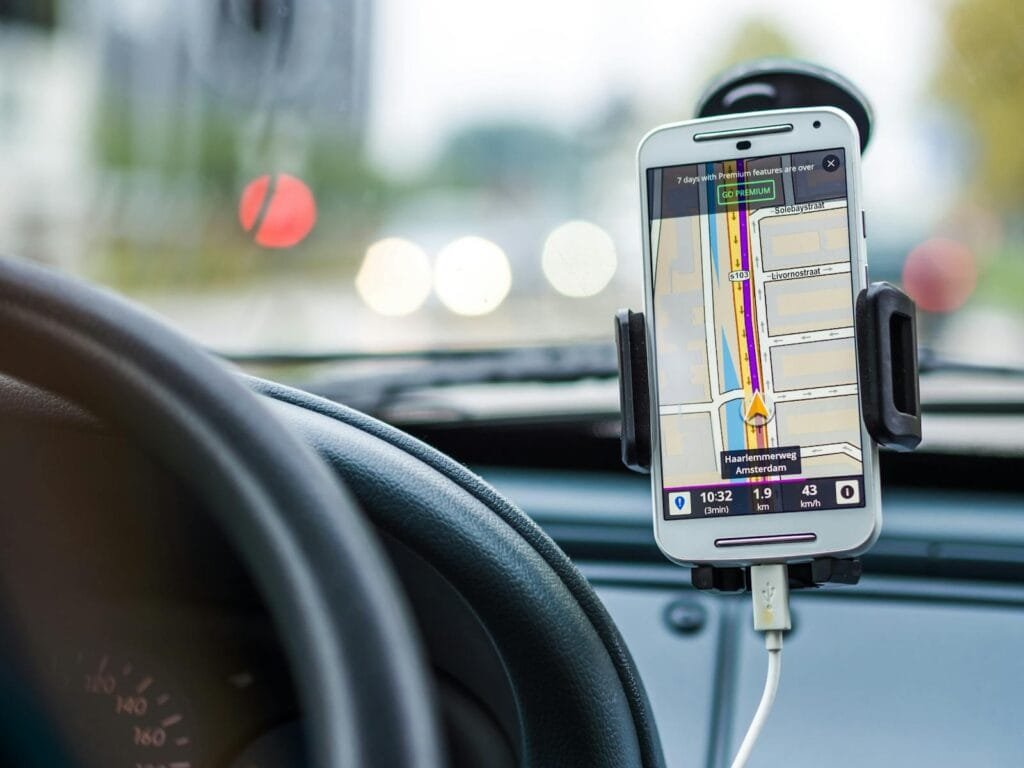so
The word “so” can be used as an adverb or as a conjunction.
- I’m so tired today. (adverb)
- I was so tired, so I went to sleep. (conjunction)
- We had so much fun last night. (adverb)
- We wanted to do something fun last night, so we went rollerskating. (conjunction)
so
a. Use "so" as an adverb.
When so is an adverb, it comes before an adjective and means “very.”
- That test was so easy. (It was very easy.)
- She thinks she’s so smart. (She thinks of herself as being very smart.)
- Jeremy liked vacationing in Montana so much, he decided to move there.
- Margaret is so lucky to have the opportunity to stay home with her kids.
- Yesterday was so hot.
- So many people these days are suffering from exposure to too much heat.

- He’s so successful.
- He has so many good friends in the place where he lives.
- He’s so happy these days.

He has read read so many books.
b. Use "so" as a conjunction.
When used as a conjunction, “so” means as a result. It introduces the cause or reason for activity or existence.
- I was thirsty, so I got something to drink.
- George was tired, so he took a nap.
- They said they needed to get some bread, so they went to the grocery store.
- Rachel is an office manager, so she arrives early every day to open up the office.
- You needed to ask the teacher a question, so you raised your hand.

- Javier is an Uber driver, so he uses a cell phone to navigate city streets.
c. so that
By putting “so” and “that” together you can explain why a person does something.
- The city wants to build a park so that the children of the area have a safe place to play.
- Helena went to college so that she could improve her understanding of English.
- I created this website so that people from around the world have access to some form of instruction in English.

- They’re having a meeting so that they can prepared for next week’s big event.
- The purpose of the meeting is so that they can be prepared.
They want to be prepared. That’s why they’re having a meeting.
d. Use "so" for tag endings.
The word “so” is similar to the word “too” when adding people or things to the end of a statement: so + verb.
- Bill is a student, and so is Eva. (Bill is a student, and Eva is too.)
- Mary wants to go to the party, and so does her sister.
- Mary wanted to go to the party, and so did her sister.
- We’re having fun, and so are they.
- The guacamole is delicious, and so are the chips.
- Jupiter is a gas giant, and so is Saturn.
- Linda has visited Panama, and so has Walter. (This sentence is in the present perfect tense. The helping verb, has, matches “has visited.”)
When making sentences such as the ones you see above, the helping verb that comes after “so” should match the verb tense in the first part of the sentence.

- His family is from India, and so is hers.
- She likes to watch movies on TV, and so does he.
- She went to a festival yesterday, and so did he.
